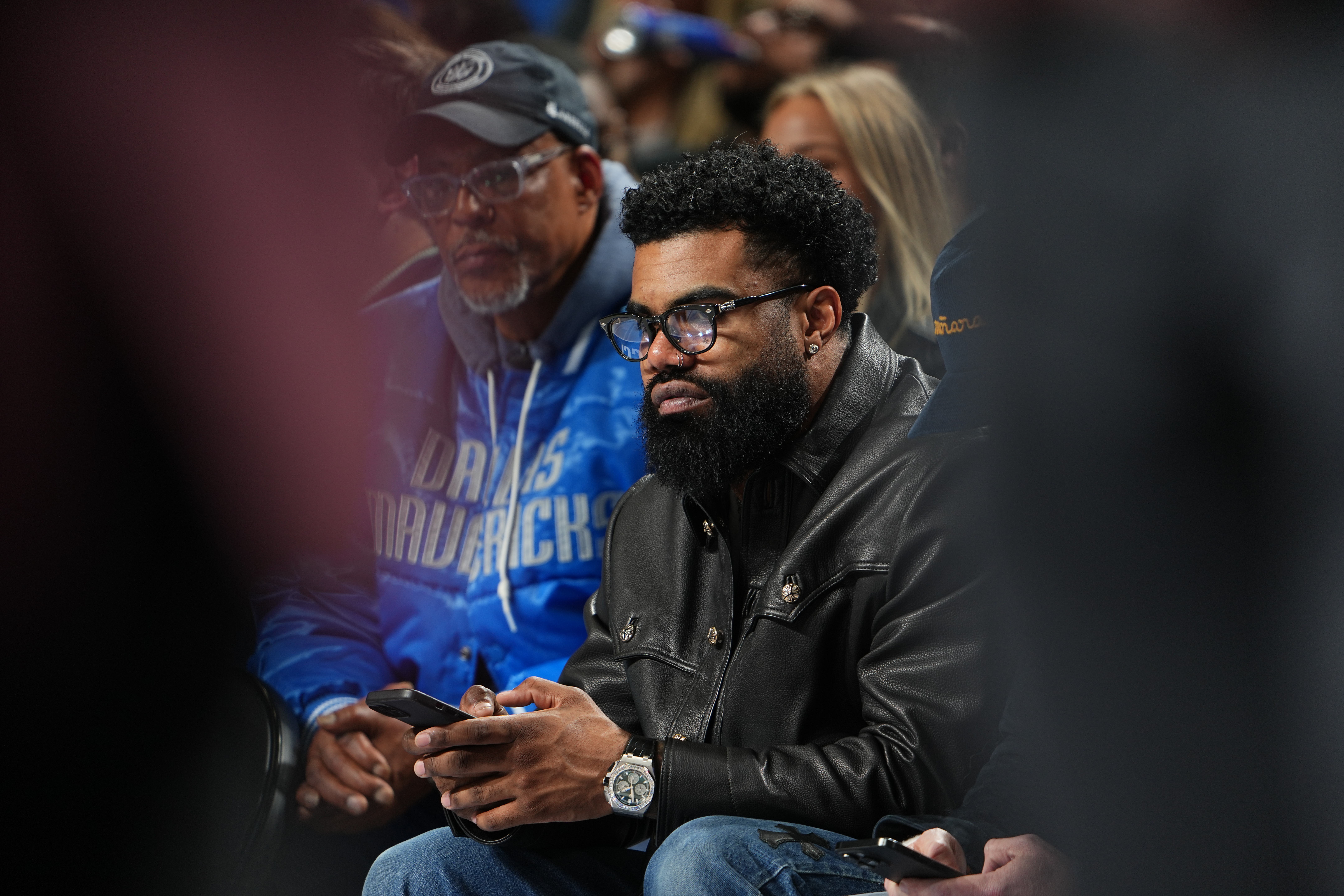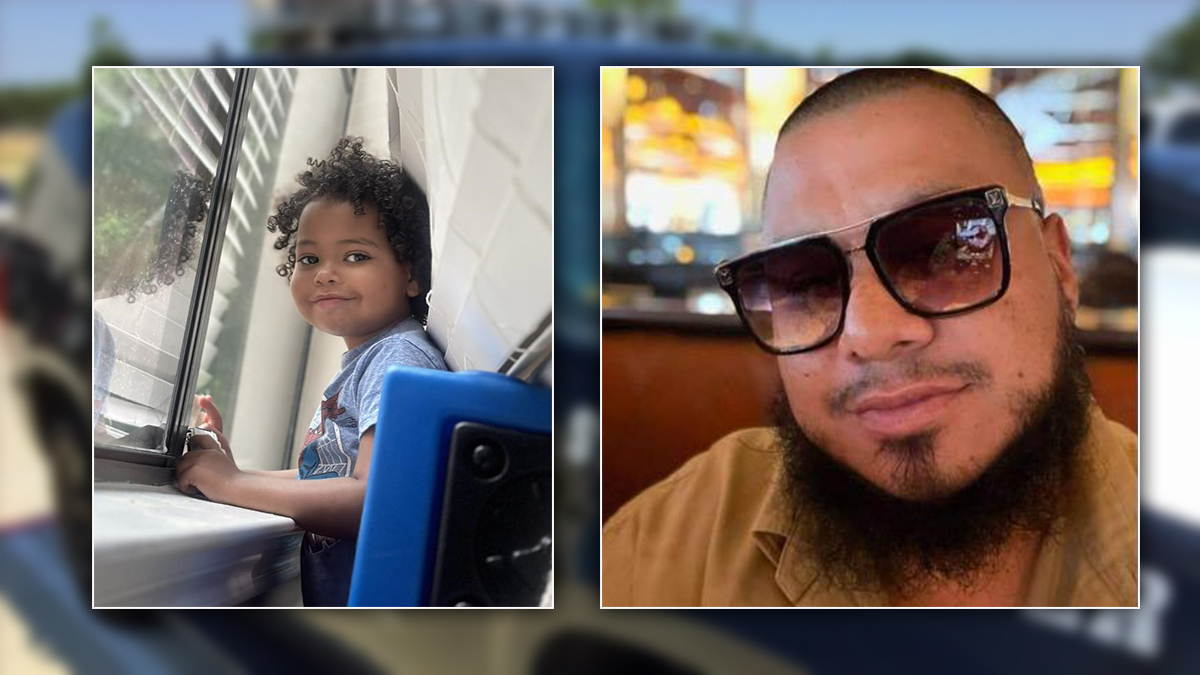From a street in downtown Dallas to the shores of Cape Cod, a somber nation paused Friday to remember John F. Kennedy 50 years after the young, handsome president was gunned down in an open-top limousine.
A half-century later, the assassination still stirs quiet sadness in the baby boom generation that remembers it as the beginning of a darker, more cynical time. The anniversary ceremonies reflected that solemnity, with moments of silence, speeches by historians and, above all, simple reverence for a time and a leader long gone.
"A new era dawned and another waned a half-century ago, when hope and hatred collided right here in Dallas," Mayor Mike Rawlings said at the largest memorial service, in Dealey Plaza, the scene of the Nov. 22, 1963, shooting. (Read/watch Rawlings' speech here.)
"We watched the nightmarish reality in our front yard. Our president had been taken from us, taken from his family, taken from the world."
Rawlings told about 5,000 people gathered under gray skies in near-freezing temperatures that the slaying prompted Dallas to "turn civic heartbreak into hard work" and helped the city to mature.
Kennedy "and our city will forever be linked in tragedy, yes," he said. "But out of tragedy, an opportunity was granted to us how to face the future when it's the darkest and uncertain."
Rawlings unveiled a plaque with remarks Kennedy was supposed to deliver later that day in Dallas. His remarks were followed a mournful tolling of bells and a moment of silence.
The plaza includes the Texas School Book Depository building, where sniper Lee Harvey Oswald perched on the sixth floor above the president's motorcade.
A stage for the memorial ceremony, just south of the depository building, was backed with a large banner showing Kennedy's profile. Video screens showed images of Kennedy with his family.
Shortly after sunrise, Attorney General Eric Holder paid his respects at Kennedy's recently refurbished grave at Arlington National Cemetery, where a British cavalry officer stood guard, bagpipes played and a flame burned steadily as it has for the last half-century.
About an hour later, Jean Kennedy Smith, 85, the last surviving Kennedy sibling, laid a wreath at her brother's grave, joined by about 10 members of the Kennedy family. They clasped hands for a short, silent prayer and left roses as a few hundred onlookers watched.
Local
The latest news from around North Texas.
In Dallas, the bitter weather was far different from the bright sunshine that filled the day Kennedy died.
"President Kennedy has always been kind of revered in our family," Colleen Bonner, 41, of suburban Hurst, said. "I just wanted to honor his memory, and I wanted to be a part of history."
In a nod to Kennedy's military service, the U.S. Naval Academy Men's Glee Club sang at the ceremony, but an Air Force flyover was canceled because of the weather.
In Boston, Gov. Deval Patrick and Maj. Gen. Scott Rice of the Massachusetts National Guard endured a heavy rain during a wreath-laying ceremony at the Kennedy statue on the front lawn of the Statehouse. The statue, dedicated in 1990, has been largely off-limits to public viewing since security procedures put in place after the 9/11 terrorist attacks. But the area was opened to visitors Friday.
Both of Kennedy's grandfathers served in the Massachusetts Legislature and in January 1961 the president-elect came to the Statehouse to deliver one of his most famous addresses, which came to be known as the "City on a Hill" speech, just before leaving for his inauguration in Washington.
The quiet remembrance extended across the Atlantic Ocean to Kennedy's ancestral home in Ireland.
Earlier Thursday in Dublin, a half-dozen Irish soldiers toting guns with brilliantly polished bayonets formed a guard of honor outside the U.S. Embassy as the American flag was lowered to half-staff. An Irish army commander at the embassy drew a sword and held it aloft as a lone trumpeter played "The Last Post," the traditional British salute to war dead. A bagpiper played laments including "Amazing Grace." A U.S. Marine raised the flag again as the bugler sounded an upbeat "Reveille."
More than a dozen retired Irish army officers who, as teenage cadets, had formed an honor guard at Kennedy's graveside gathered in the front garden of the embassy in the heart of the Irish capital to remember the first Irish-American to become leader of the free world.
Together with Irish Foreign Minister Eamon Gilmore and embassy staff, they observed a minute's silence and laid two wreaths from the Irish and American governments in memory of JFK.
The former cadets invited by Jacqueline Kennedy to serve as the graveside honor guard described the awe -- and fear -- they experienced as they traveled to the United States 50 years earlier.
"We were young guys, all pretty much 18. We had no passports, no visas. None of us had flown before," said retired Col. Brian O'Reilly, 68. "We were told on the Saturday night we were wanted for the funeral. The next day, we were on the plane with our own president (Eamon de Valera) heading for Washington."
The day of the funeral was crisp and windless, with trees full of autumn leaves and a cloudless blue sky, the sun blindingly low on the horizon.



